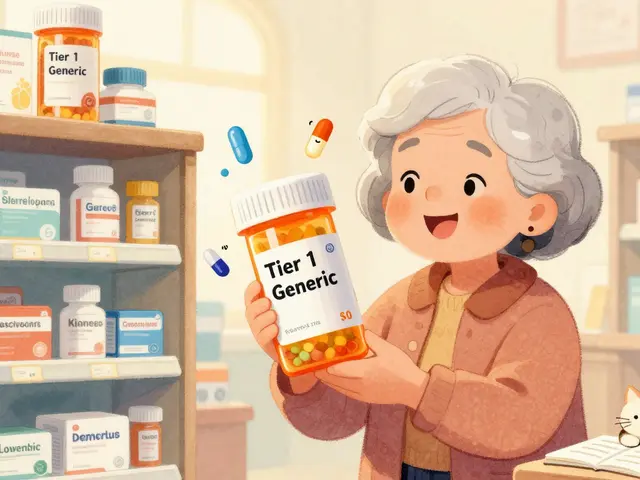
Proctologist: What They Do, When to See One, and Common Conditions Treated
When you’re dealing with persistent rectal pain, bleeding, or changes in bowel habits, you might need to see a proctologist, a doctor who specializes in diseases of the rectum, colon, and anus. Also known as a colorectal surgeon, this specialist focuses on conditions that many people hesitate to talk about—but shouldn’t. These aren’t minor inconveniences. Things like hemorrhoids, anal fissures, or chronic constipation can seriously affect your daily life, sleep, and even mental well-being.
A proctologist doesn’t just treat symptoms—they find the root cause. For example, if you’re seeing blood after a bowel movement, it could be something simple like an irritated hemorrhoid, or it could point to something more serious like inflammatory bowel disease or early-stage colorectal cancer. That’s why seeing a proctologist isn’t about embarrassment—it’s about catching problems early. They use simple, non-invasive tools like anoscopy or sigmoidoscopy to get a clear look inside, often without needing surgery. And if surgery is needed, they’re trained to do it with minimal recovery time.
Many people don’t realize a proctologist also handles conditions like fecal incontinence, rectal prolapse, and chronic anal itching. These aren’t normal parts of aging. They’re treatable. If you’ve tried over-the-counter creams, fiber supplements, or lifestyle changes and nothing works, it’s time to talk to a specialist. The posts below cover real cases and treatments—from managing hemorrhoids with diet and medication to comparing surgical options for anal fissures. You’ll find guides on what to expect during your first visit, how to prepare, and what questions to ask. There’s also info on how bowel disorders like Crohn’s or diverticulitis connect to symptoms you might mistake for something else. No fluff. No jargon. Just clear, practical info from people who’ve been there.
-
17 Oct







